 The country-wide lockdown initiated in Germany on December 16 and scheduled to last until January 10 has been extended to the end of January. At six weeks, it will last longer than the spring lockdown. Under the current lockdown, some states, including Berlin, Brandenburg and Saxony-Anhalt, have allowed bookstores to open, while North Rhine-Westphalia has allowed customers to pick up books from closed bookstores. But in most states, bookstores are among the many businesses closed to the public, and sales, which had been strong until mid-December, continue to be hurt.
The country-wide lockdown initiated in Germany on December 16 and scheduled to last until January 10 has been extended to the end of January. At six weeks, it will last longer than the spring lockdown. Under the current lockdown, some states, including Berlin, Brandenburg and Saxony-Anhalt, have allowed bookstores to open, while North Rhine-Westphalia has allowed customers to pick up books from closed bookstores. But in most states, bookstores are among the many businesses closed to the public, and sales, which had been strong until mid-December, continue to be hurt.
At the same time, as reported by Börsenblatt, a survey of more than 700 members of the Handelsverband Deutschland (Business Association of Germany) showed that two-thirds of inner city/downtown businesses fear closing for good and three-quarters say that government support isn't strong enough to avoid bankruptcy.
Stefan Genth, head of the association, said in a letter to Chancellor Angela Merkel that "it's already shortly before midnight. In the last week alone, retailers affected by the lockdown have lost around five billion euros [about $6.15 billion] in sales. For all of 2020 that amounted to 36 billion euros [$44.3 billion]. The businesses can't offset that without help. When the state minister presidents and the chancellor agree on an extension of the closing of our businesses, they also must provide necessary support."
---
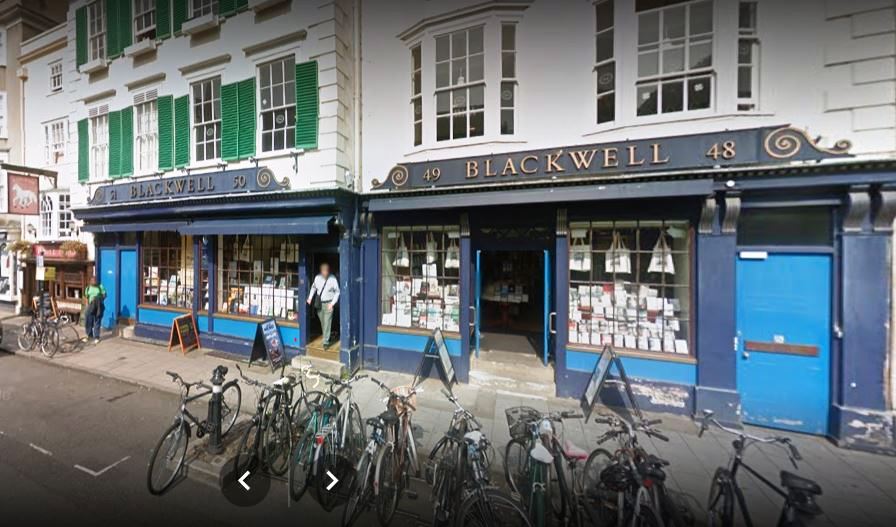 In England, Blackwell's is closing its stores, furloughing staff and, with one exception, not offering click-and-collect services in response to the latest Covid-19 full lockdown measures, the Bookseller reported. Waterstones announced a similar decision earlier this week.
In England, Blackwell's is closing its stores, furloughing staff and, with one exception, not offering click-and-collect services in response to the latest Covid-19 full lockdown measures, the Bookseller reported. Waterstones announced a similar decision earlier this week.
"We will offer click and collect from Oxford Broad Street as we have people on site picking to fulfill website orders," said Blackwell's CEO David Prescott, adding: "We also have two campus branches where they have book bundles which we can't get to the students in any other way--so there will be a very limited short-term service just to allow students to safely collect those bundles. Otherwise, all shops closed and no click and collect service."
---
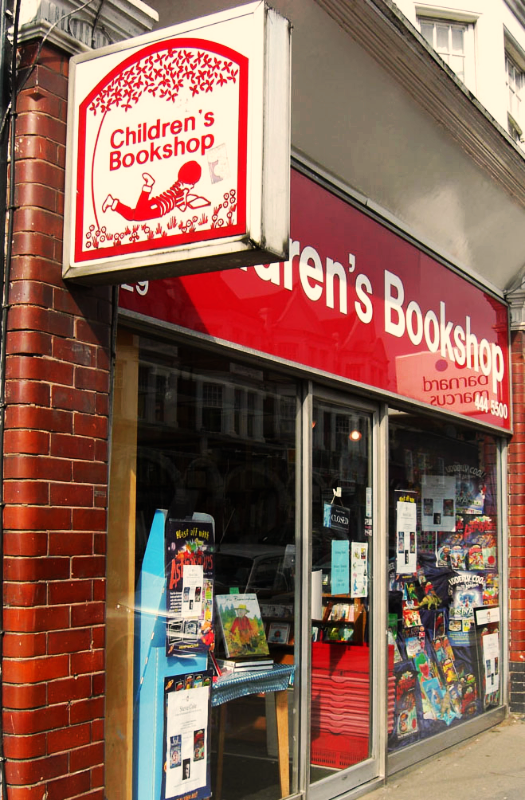 Independent booksellers in the U.K. expressed mixed views regarding click and collect during the lockdown, the Bookseller noted. "We will be doing a lot more home deliveries, rather than the click and collect option, though it really helped us in November," said Sanchita Basu De Sarkar, owner of the Children's Bookshop, London. "If people can't get to us, we're going to do everything we can to get to them, because I think the parents will need [the books] again."
Independent booksellers in the U.K. expressed mixed views regarding click and collect during the lockdown, the Bookseller noted. "We will be doing a lot more home deliveries, rather than the click and collect option, though it really helped us in November," said Sanchita Basu De Sarkar, owner of the Children's Bookshop, London. "If people can't get to us, we're going to do everything we can to get to them, because I think the parents will need [the books] again."
Caroline Johnson, co-owner of the Bookshop in Mold, Wales, noted: "I don't want to encourage people to come out, and also I don't really want people coming to the door for our own safety."
But Hazel Broadfoot, owner of Village Books in London plans to continue with click and collect: "We'll be encouraging customers to support us via Bookshop.org, and we're offering both local deliveries and a click and collect service which worked well for us in the very strict March lockdown."
Georgia Eckert, owner of Imagined Things in Harrogate, said: "We'll certainly be running click and collect in some capacity, but I'm not sure if we'll be busy enough to justify having a bookseller in every day for this--it's very hard to gauge."
Emma Milne-White, co-owner of the Hungerford Bookshop in Berkshire, said, "I am glad the government has allowed click and collect. Each bookshop is different and they will know what works best for them. For us click and collect works well, and our customers appreciate it."
---
Although Waterstones managing director James Daunt expressed doubts this week about the adequacy of the government's one-off grants of up to £9,000 (about $12,170) to independent bookshops forced to close because of England's lockdown, the Booksellers Association welcomed the initiative, the Bookseller wrote.
BA managing director Meryl Halls said: "The grants for retail and hospitality announced by the chancellor are a very welcome investment in the frontline services represented by retailers, including booksellers, and will go some way towards keeping those businesses operational during this third lockdown in the U.K.
"Though it's a drop in the ocean compared to the lost turnover of 2020, especially over the Christmas period, it will for many businesses help them survive and, taken with the extension to the furlough scheme, allow them to continue employ their dedicated shopfloor booksellers, and keep offering crucial home ordering options to their customers, including online, call-and-collect, email and often home delivery."
---
 On average a new bookstore is opening every three months in New Zealand, Booksellers NZ CEO Dan Slevin told TVNZ 1. "The people going into the book business tend to be older, they tend to be looking for a career change," he said. "I think lots of people have gone off the idea of e-books, they realize they're buying books online and they're not exactly putting money back into the local economy."
On average a new bookstore is opening every three months in New Zealand, Booksellers NZ CEO Dan Slevin told TVNZ 1. "The people going into the book business tend to be older, they tend to be looking for a career change," he said. "I think lots of people have gone off the idea of e-books, they realize they're buying books online and they're not exactly putting money back into the local economy."
The rise in popularity of bookstores is reflected in Greytown, where Millie Blackwell has opened Mrs. Blackwell's Village Bookshop, the first dedicated bookshop to open there in 20 years. Calling the decision a "brave move in the middle of a pandemic," TVNZ 1 noted that Blackwell "believes she can make a living out of the store, having already run one business in the thriving small town."
"We have been really surprised with how the shop has performed since we opened," she said. "[But] if you talk to anybody in Greytown they'll say the thing that Greytown is missing is a bookshop, even visitors, so we just felt the time was right for books." --Robert Gray
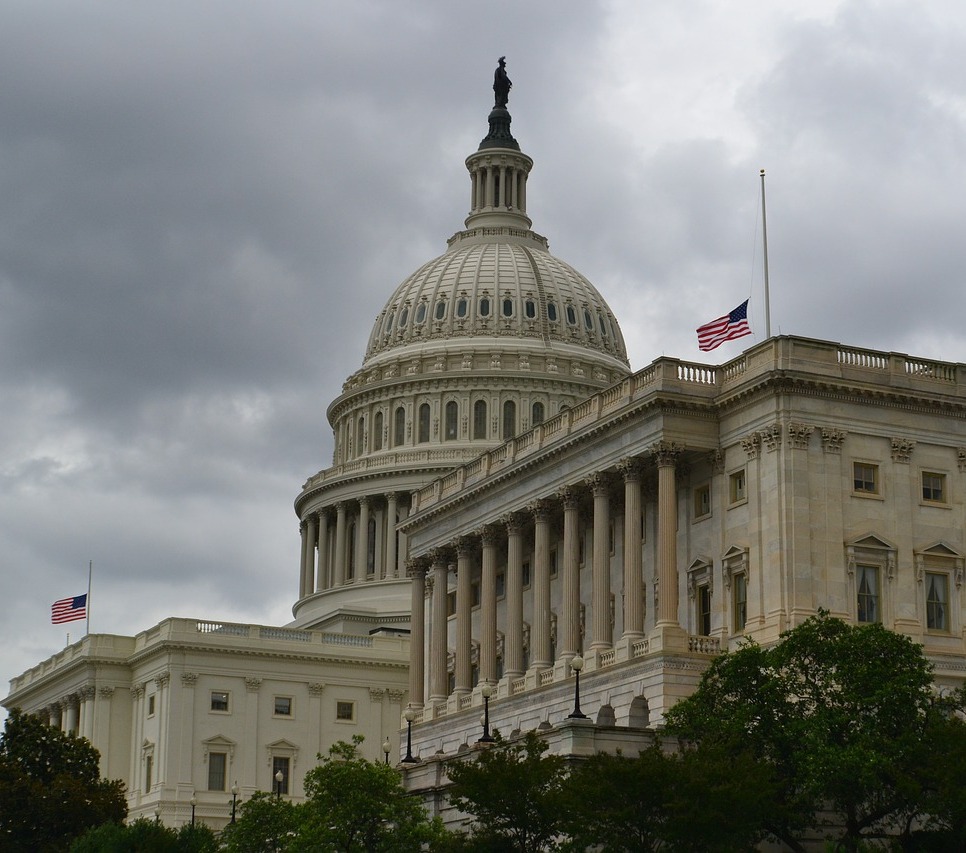 The rioting, terrorism and attempted insurrection in Washington, D.C., yesterday caused the early closings of a range of bookstores in the capital and cancellations of events, with many stores closing before the 6 p.m. curfew.
The rioting, terrorism and attempted insurrection in Washington, D.C., yesterday caused the early closings of a range of bookstores in the capital and cancellations of events, with many stores closing before the 6 p.m. curfew.









 Bayou Book Co.
Bayou Book Co.
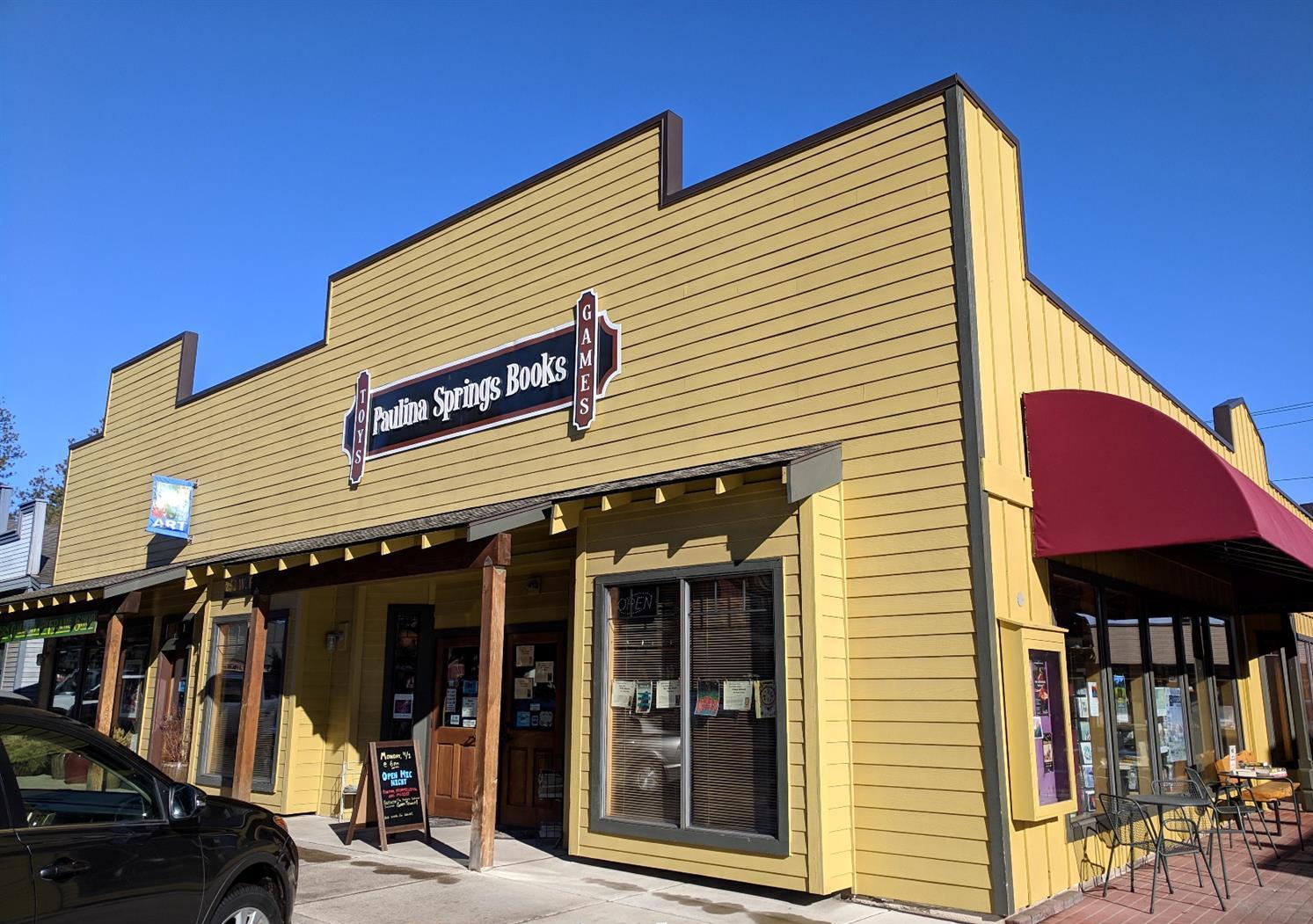 In Sisters, Ore.,
In Sisters, Ore., 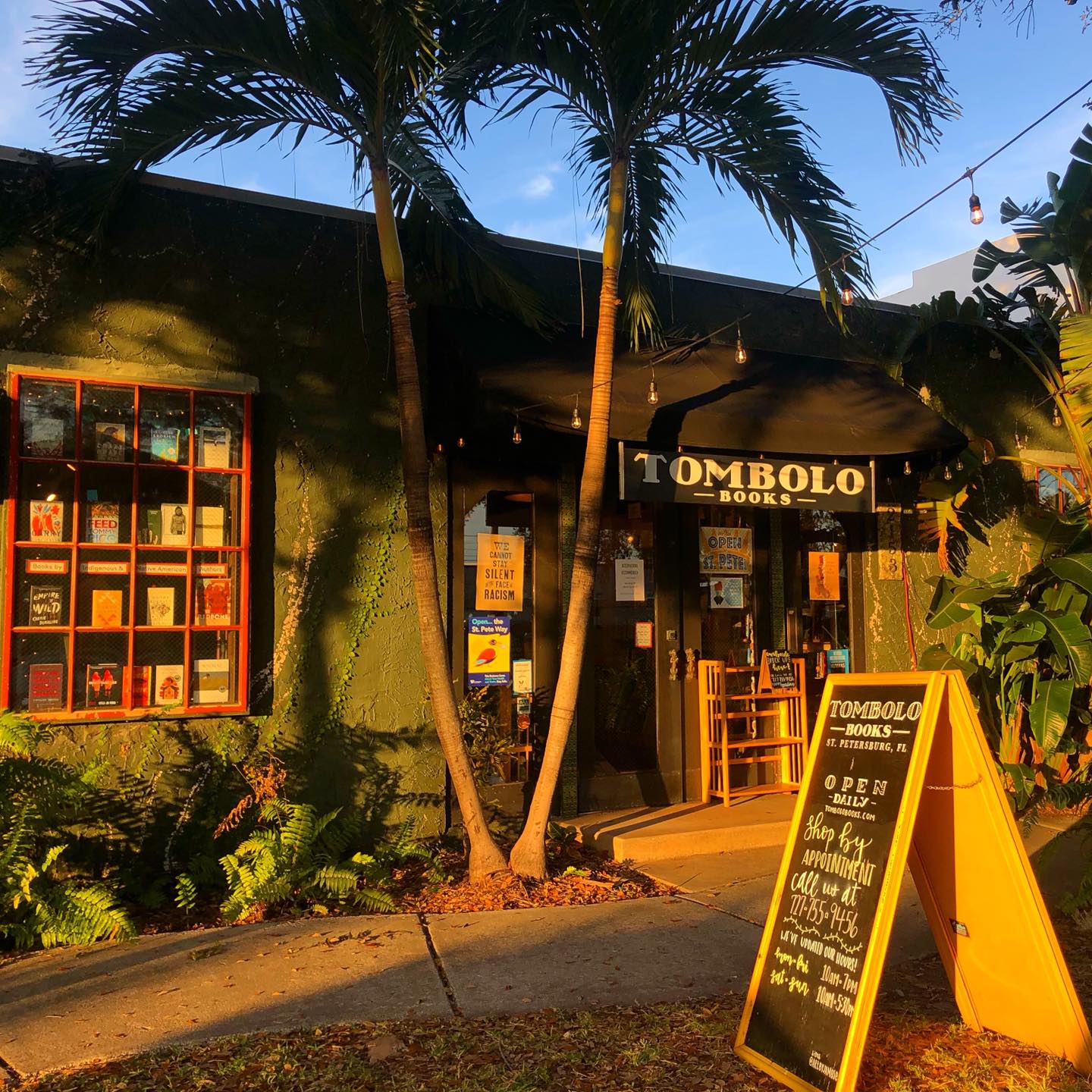 Alsace Walentine, owner of
Alsace Walentine, owner of 
 The country-wide
The country-wide  In England,
In England,  Independent booksellers in the U.K. expressed
Independent booksellers in the U.K. expressed  On average a
On average a 
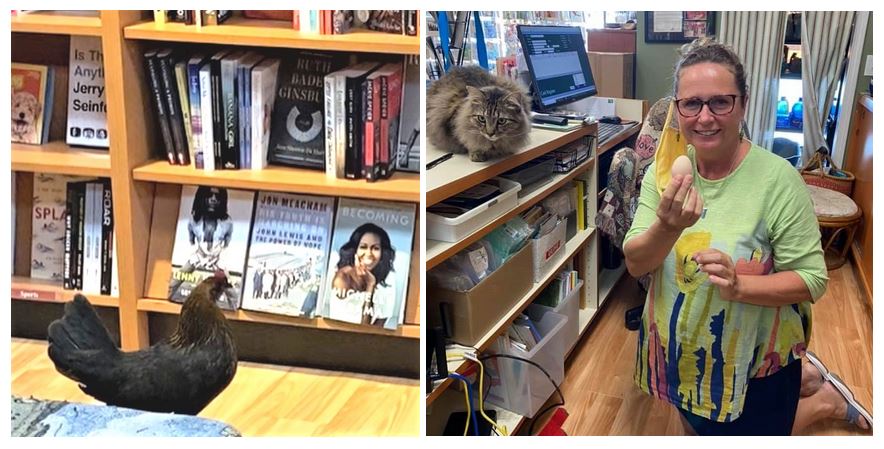
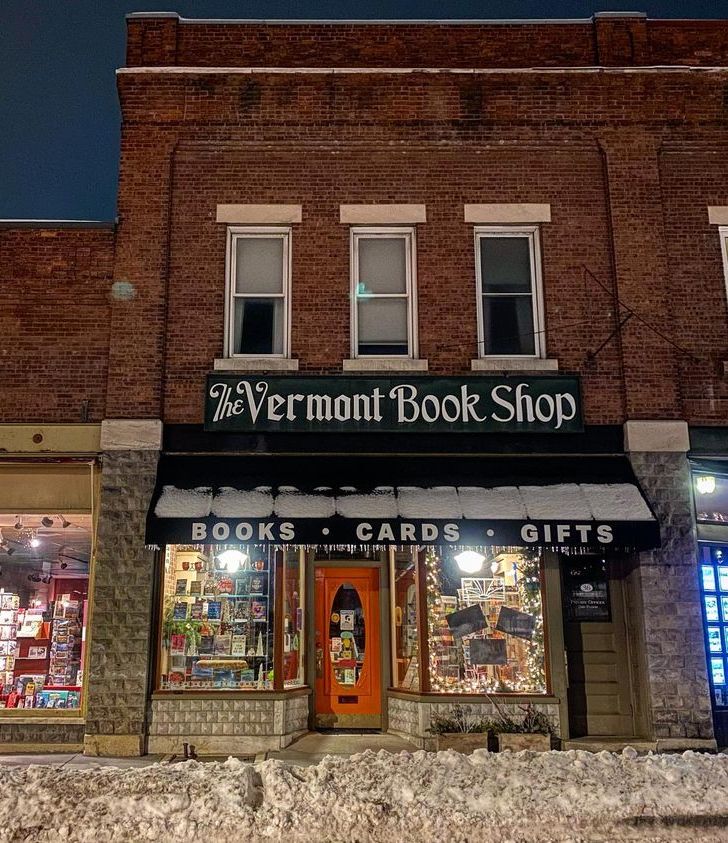 Posted on Facebook Tuesday evening by
Posted on Facebook Tuesday evening by  Ritu Weds Chandni
Ritu Weds Chandni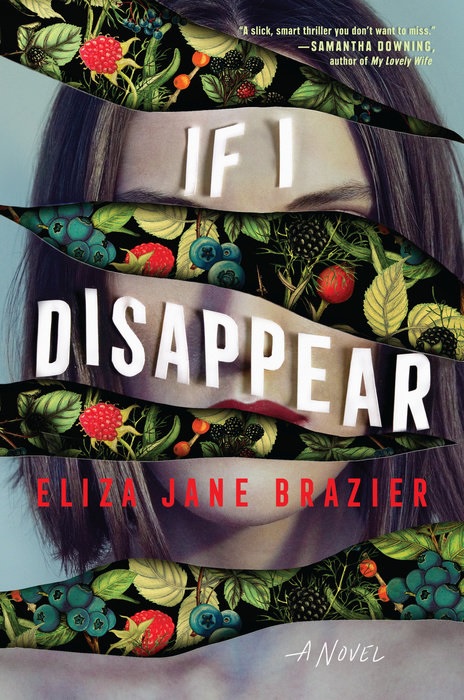 "I have been alone for the past year, trapped on my bed in my room, listening to you. I have accomplished nothing, apart from memorizing your every word." As far as obsessive fans go, there are worse than 33-year-old Sera Fleece, who narrates Eliza Jane Brazier's seductively disquieting debut, If I Disappear, as though she's speaking directly to the object of her infatuation.
"I have been alone for the past year, trapped on my bed in my room, listening to you. I have accomplished nothing, apart from memorizing your every word." As far as obsessive fans go, there are worse than 33-year-old Sera Fleece, who narrates Eliza Jane Brazier's seductively disquieting debut, If I Disappear, as though she's speaking directly to the object of her infatuation.